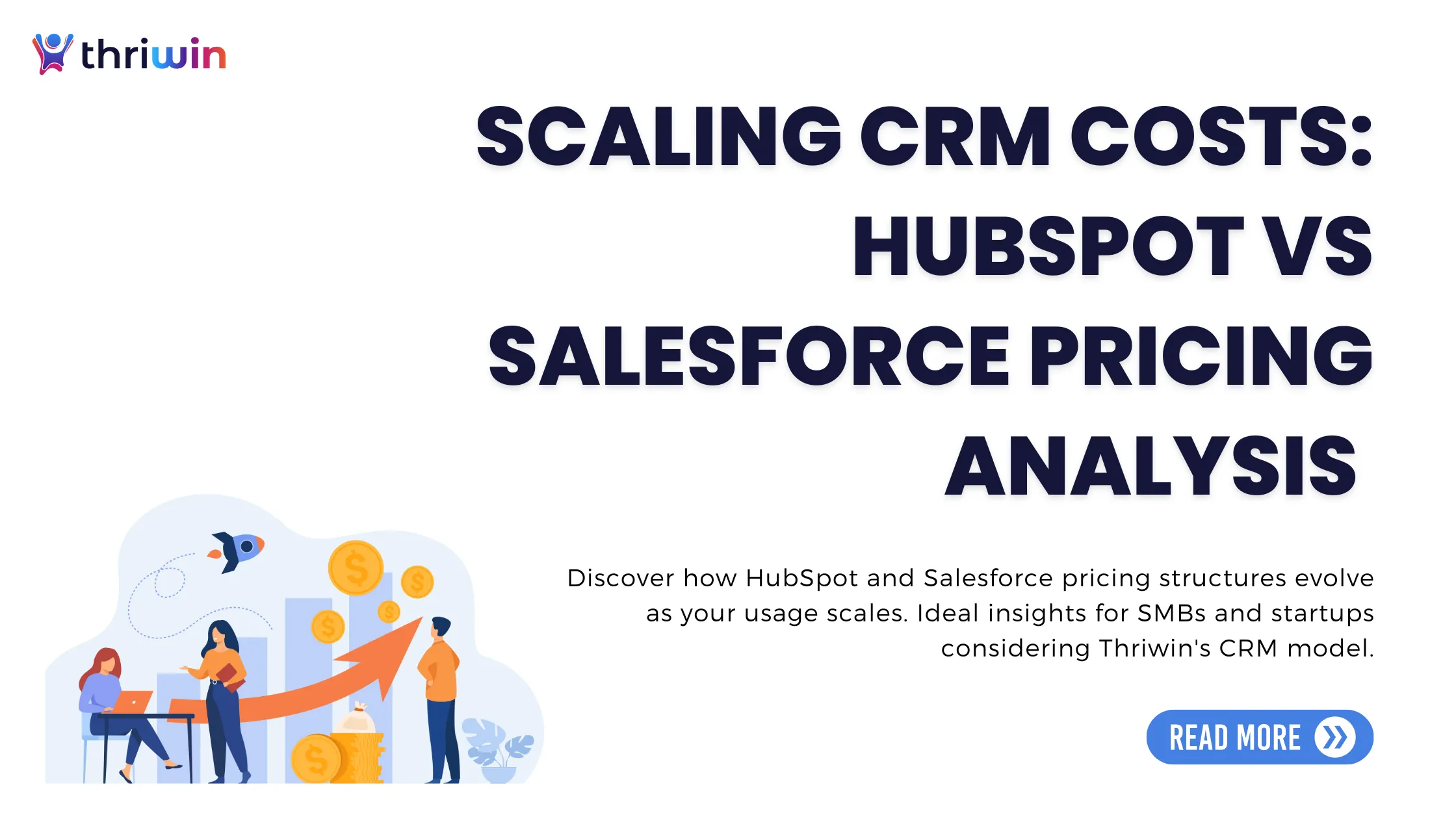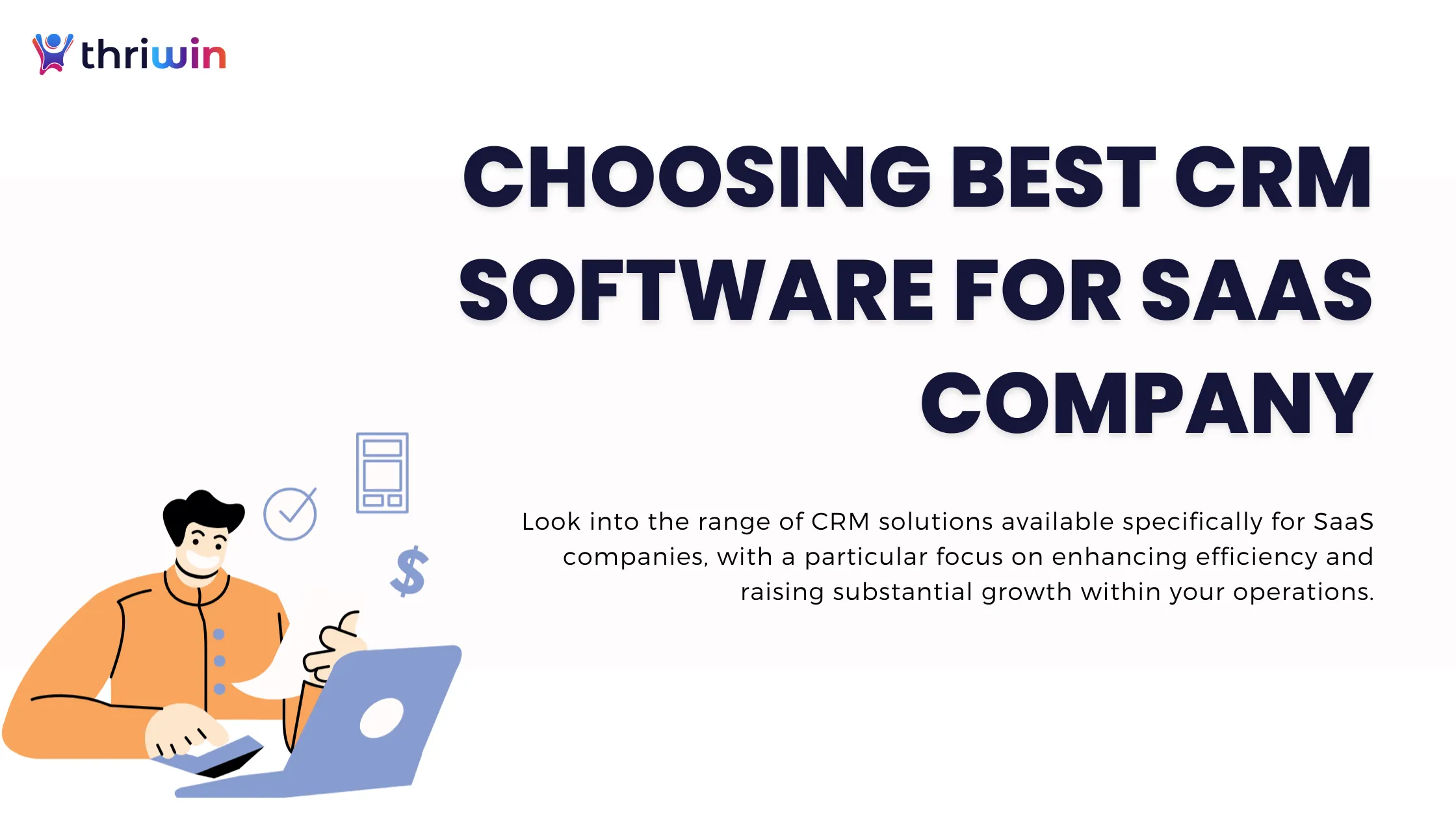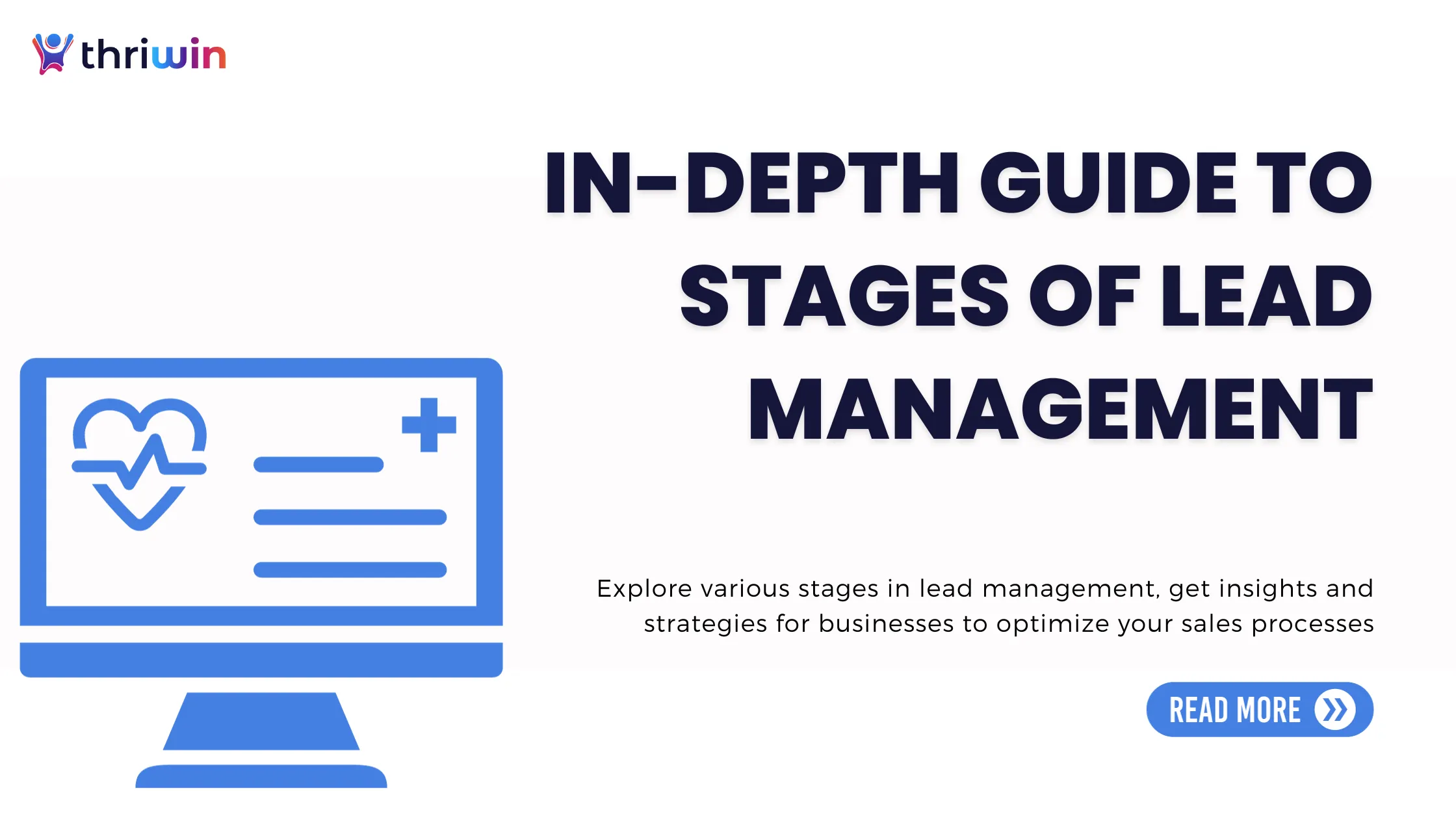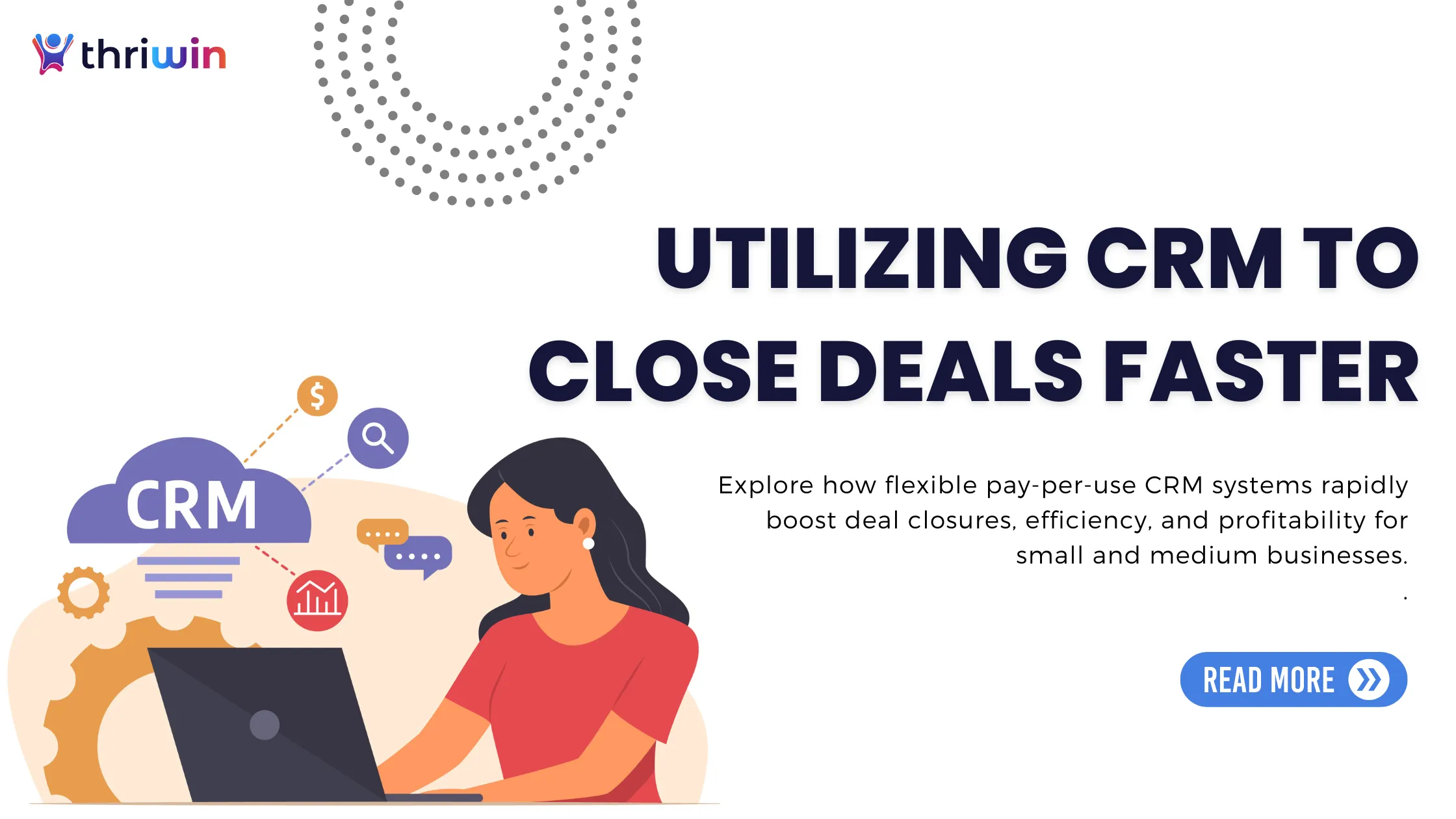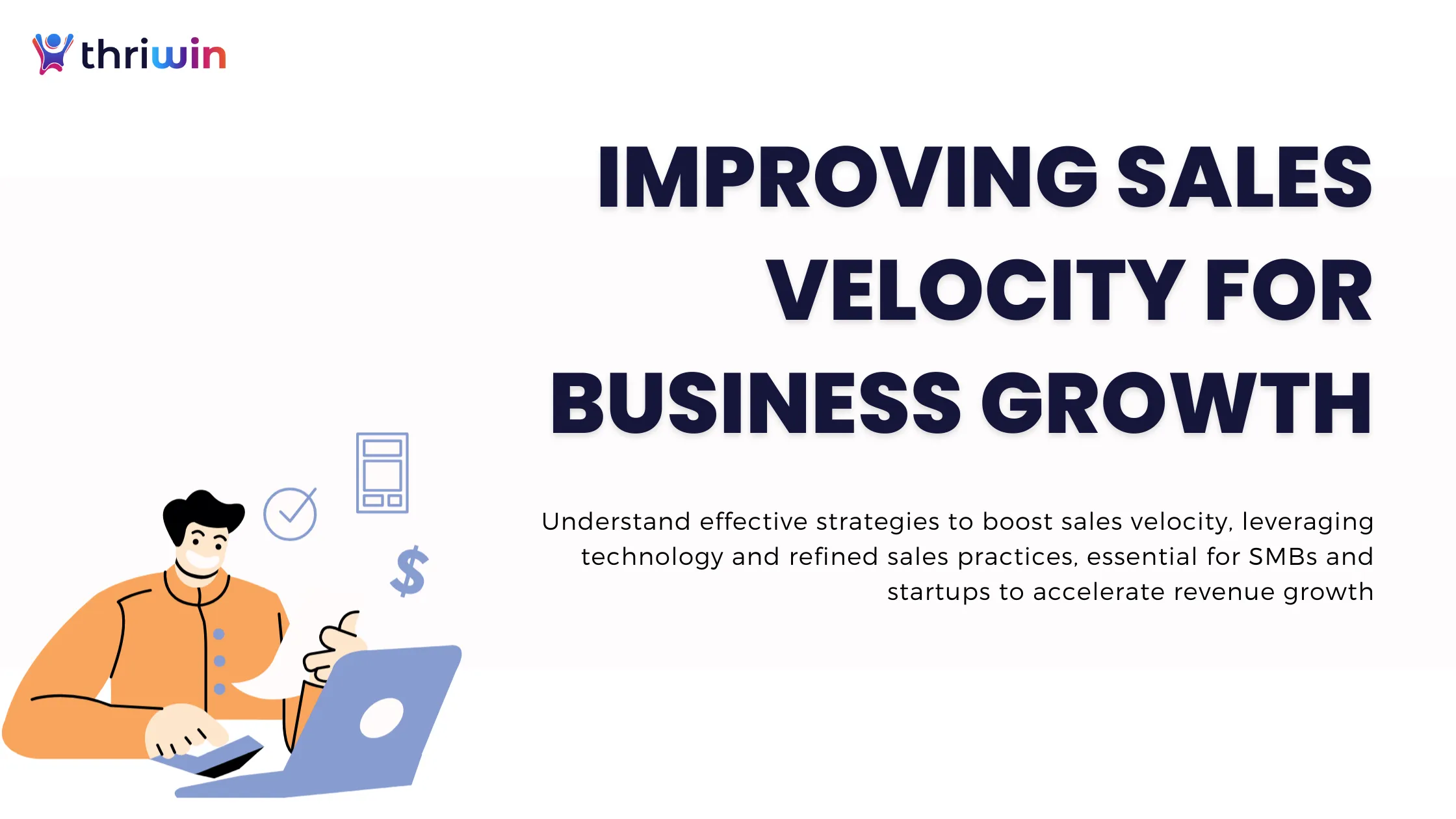HubSpot and Salesforce are two of the most popular platforms, each offering a range of features that help businesses manage customer relationships, automate marketing, and boost sales. This article will compare HubSpot and Salesforce on benchmarks, such as software features, pricing, ease of use, scalability, and integration capabilities. Whether you're a small business or an enterprise, this comprehensive guide will help you understand which CRM suits your business needs and supports future growth.

What is HubSpot CRM?
HubSpot CRM is a highly accessible and user-friendly platform for small to mid-sized businesses looking for a straightforward yet powerful way to manage customer relationships. It provides key features such as contact management, sales pipeline tracking, email marketing, and automation, all designed to simplify daily tasks and keep teams organized.
One of its standout advantages is its seamless integration with other HubSpot tools, such as Marketing Hub and Sales Hub, allowing businesses to align their sales and marketing efforts under one system efficiently. This makes it ideal for growing businesses aiming to scale operations without facing team disconnects. Plus, HubSpot CRM's free version offers core CRM functionalities without any upfront cost, making it an excellent choice for startups or smaller teams working on a budget. With this free Plan, businesses can start managing customer data, track interactions, and even automate some tasks without any financial strain.
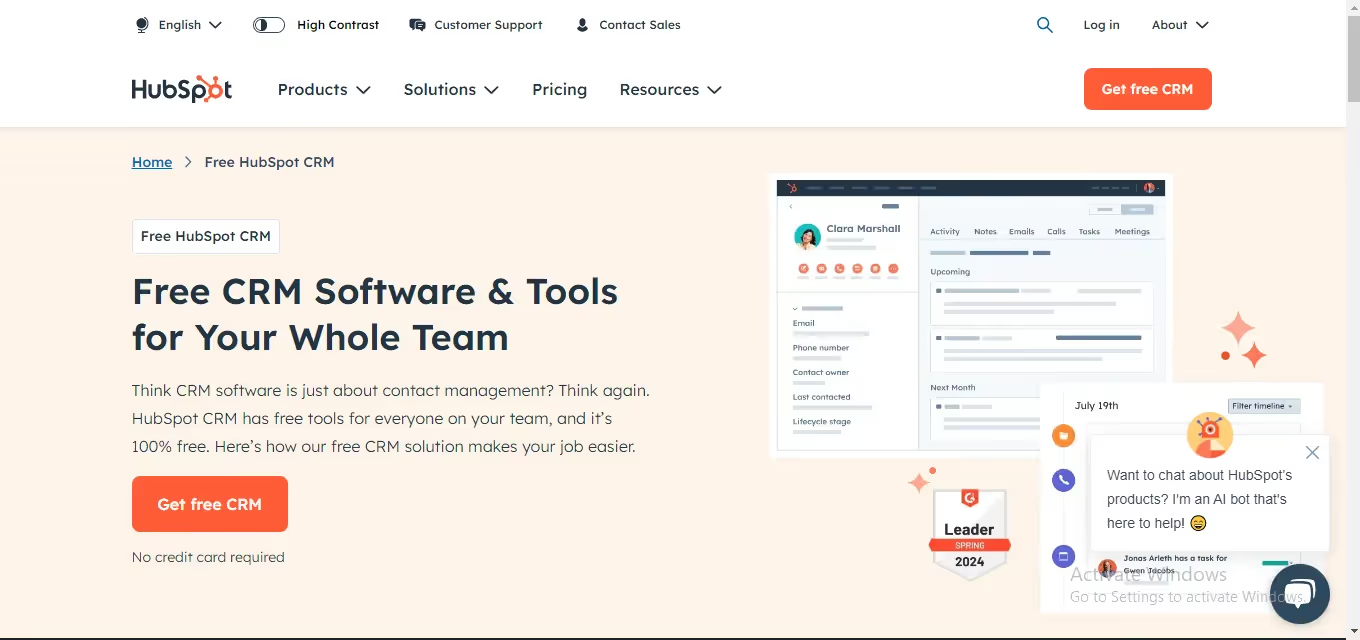
What is Salesforce?
Salesforce CRM is a powerful, cloud-based solution trusted by large businesses and enterprises worldwide. Its standout feature? Extensive customization options allow companies to adapt the platform to their specific needs, whether for sales, marketing, customer service, or analytics. With tools like advanced reporting, automation, and seamless integration with third-party apps, Salesforce offers a flexible system that grows with your business. It's also known for providing industry-specific solutions, making it highly adaptable across healthcare, finance, and retail sectors.
While Salesforce CRM may be more complex than other platforms, its depth and scalability make it an ideal choice for businesses looking for a robust, enterprise-level solution. Its cloud-based infrastructure lets teams access data anywhere, anytime, driving efficiency and productivity.
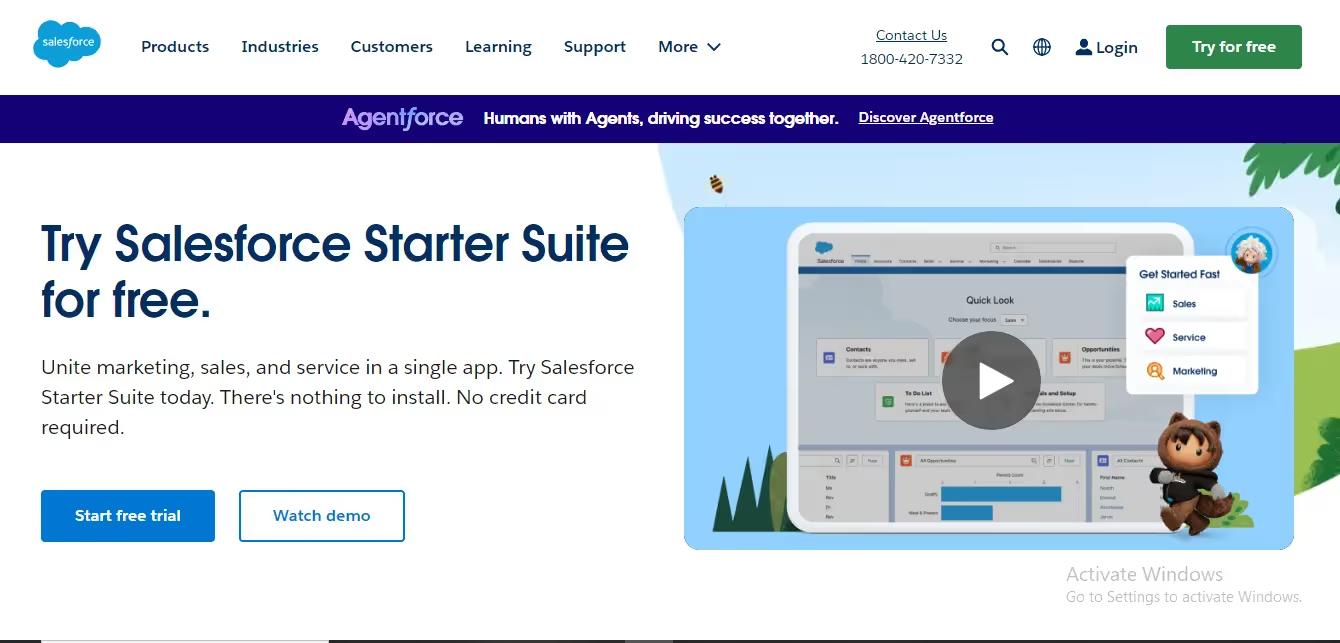
HubSpot vs Salesforce: Feature Comparison
When comparing HubSpot and Salesforce, it's crucial to look at the features that differentiate them in critical areas like automation, customization, integrations, and more. Each platform has strengths that cater to different business needs, whether you're a small team or a large enterprise.
Sales and Marketing Automation
HubSpot stands out for its inbound marketing automation. It offers a user-friendly interface that simplifies creating and managing email campaigns, social media posts, and lead nurturing workflows. HubSpot's automation integrates seamlessly with its sales tools, making it a great all-in-one solution for businesses looking to streamline marketing and sales processes. This makes it particularly useful for small—to mid-sized teams that need to set up automation quickly and easily.
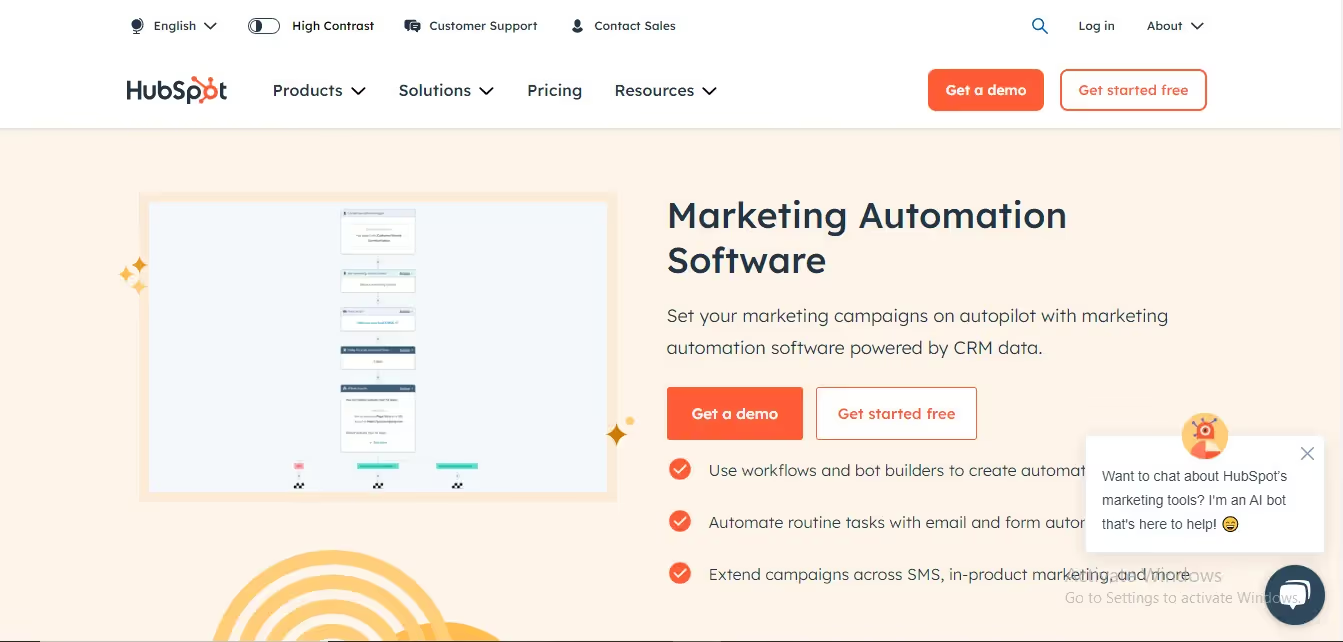
Salesforce, however, excels in automating complex sales pipelines. With its robust features like AI-driven lead scoring (Salesforce Einstein), customizable workflows, and advanced reporting, Salesforce is better suited for larger businesses with sophisticated sales processes. It helps enterprises scale their automation efforts while offering deep insights into customer interactions.
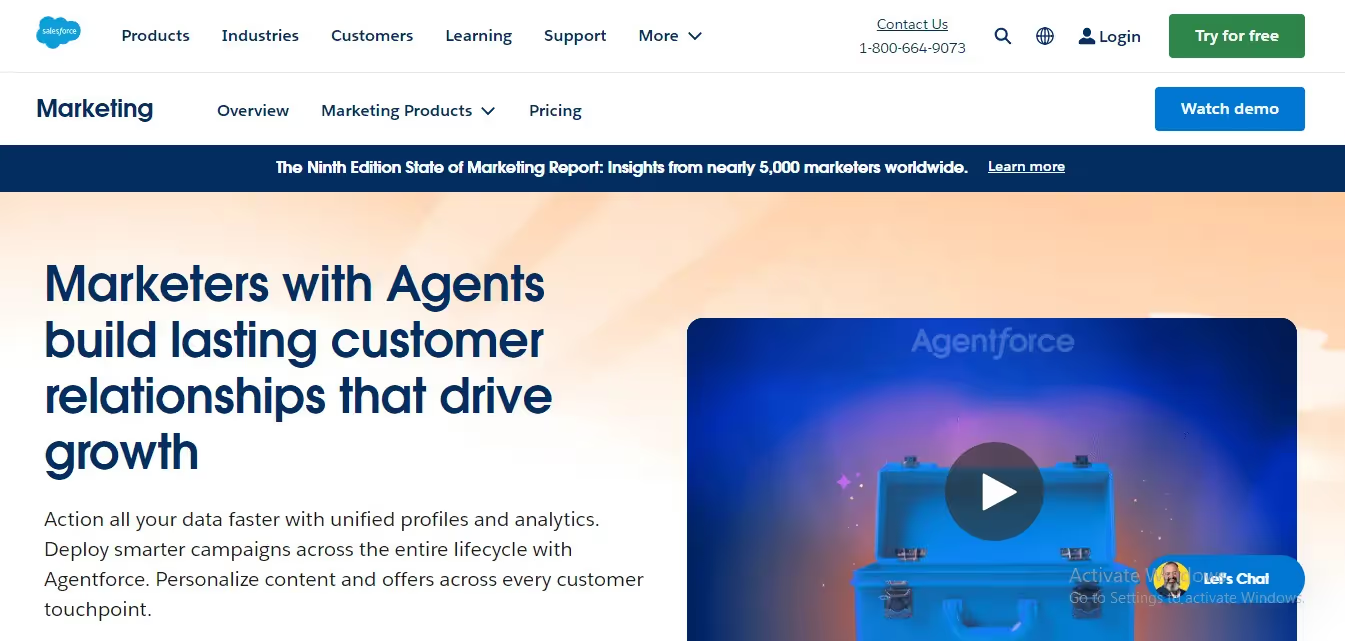
Customization & Flexibility
Salesforce is renowned for its customization capabilities. The platform allows businesses to build tailored solutions using its extensive app ecosystem, custom objects, and API integrations. Whether you're modifying your sales pipeline or adding specific business processes, Salesforce can adapt to nearly any requirement. This flexibility makes it ideal for businesses with complex or unique needs, significantly those planning to scale rapidly.

On the other hand, HubSpot offers a more straightforward approach to customization. While it's not as extensive as Salesforce, HubSpot allows small to mid-sized businesses to customize their CRM experience without the complexity. It offers easy-to-manage settings that let you personalize workflows and dashboards without the need for technical expertise, making it a good fit for businesses that prefer simplicity.
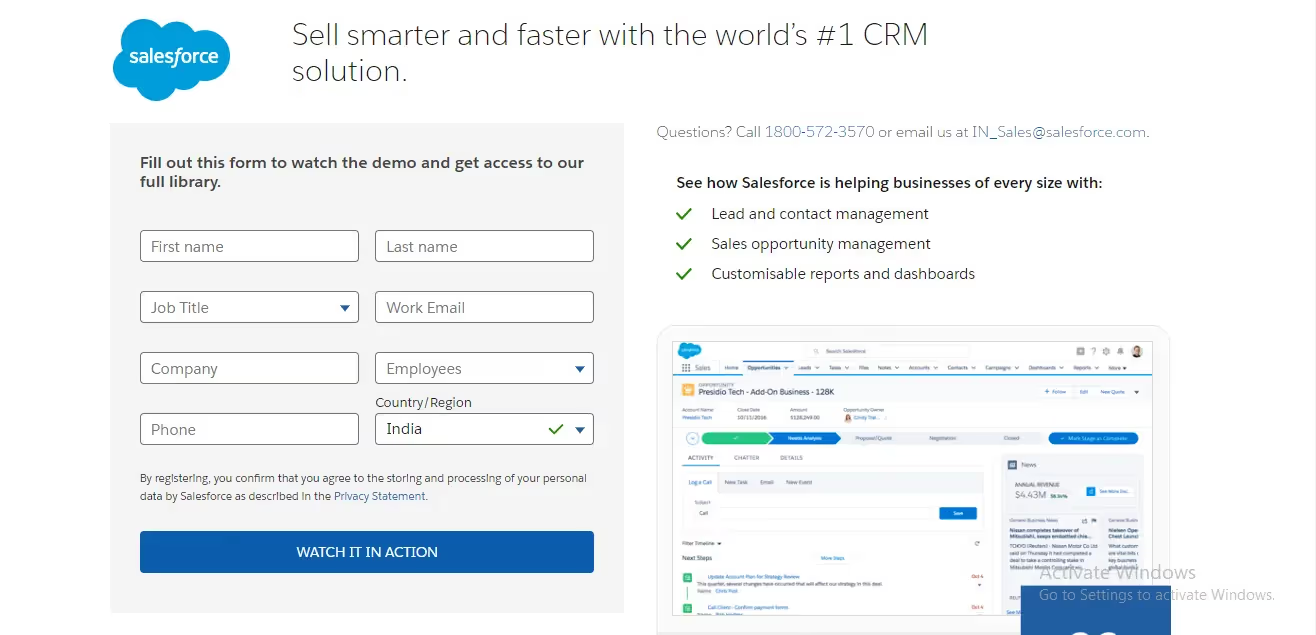
Integration Capabilities
HubSpot integrates with several popular business tools, such as Slack, Shopify, and Zapier. These integrations are designed to be straightforward and help small—to mid-sized businesses connect their CRM with other essential apps. HubSpot's integrations are simple to set up and provide businesses with the tools they need to streamline workflows.
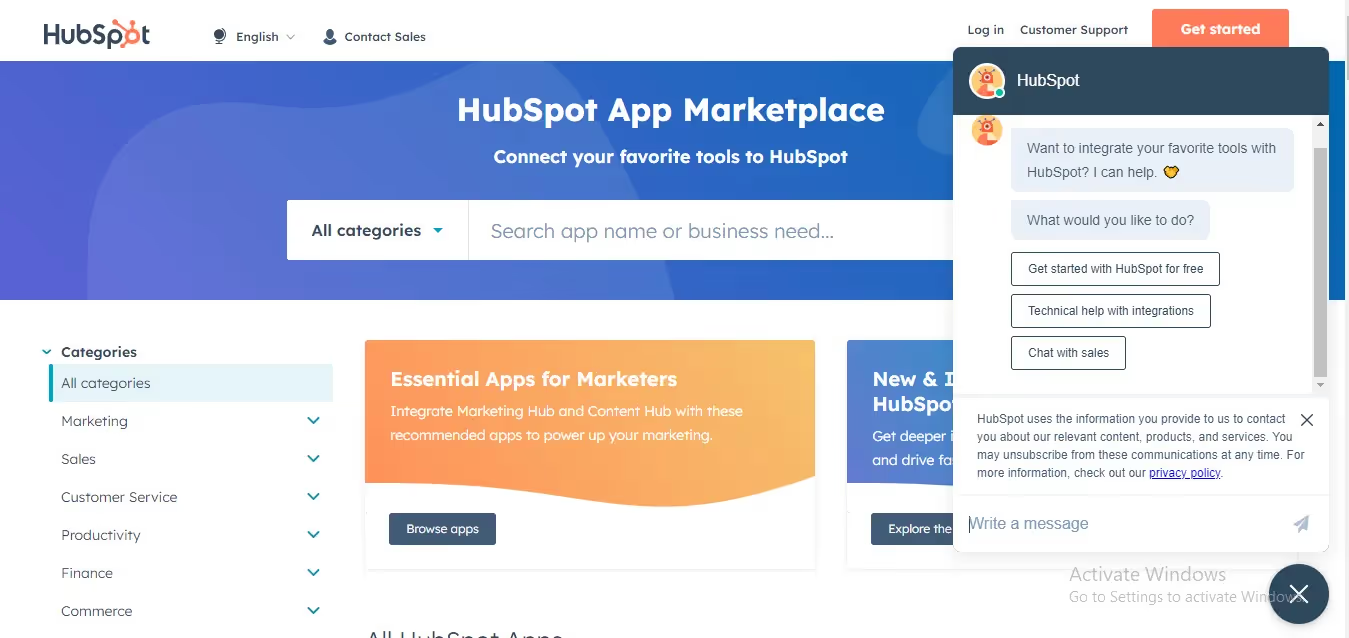
Salesforce, by contrast, offers an unparalleled library of integrations and API support. It connects with virtually any software, thanks to Salesforce's AppExchange, which provides thousands of applications to extend its functionality. This makes Salesforce a powerful choice for enterprises with complex IT infrastructures that rely on multiple systems to operate smoothly.
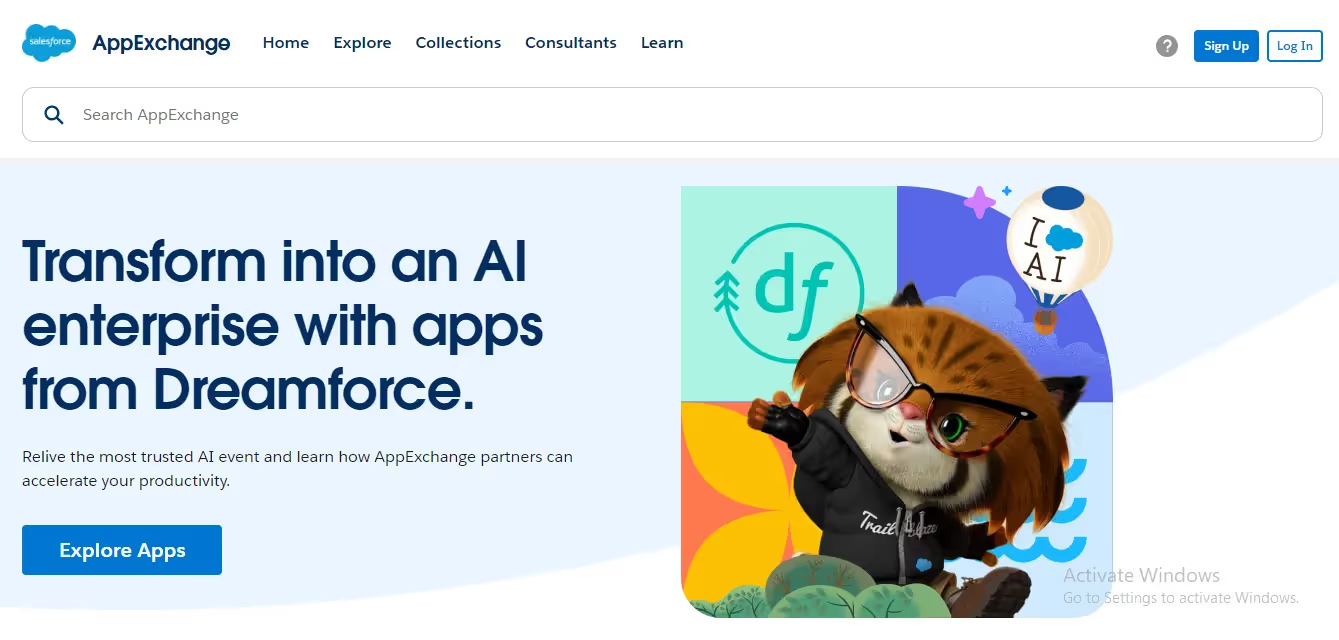
Analytics & Reporting
Salesforce leads in analytics and reporting with its highly customizable dashboards and comprehensive reporting tools. Users can generate detailed reports on every aspect of their regular operations, whether sales performance or customer behavior. Salesforce also integrates AI-powered insights through Salesforce Einstein, helping businesses quickly make data-driven decisions.
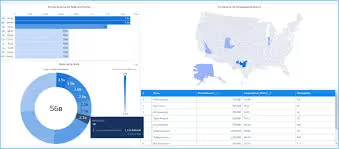
While HubSpot offers robust reporting tools, especially for inbound marketing and sales metrics, it lacks the in-depth customization options found in Salesforce. However, for businesses that need accessible and easy-to-understand reports without a steep learning curve, HubSpot provides the perfect balance between simplicity and functionality.
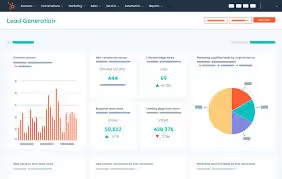
Ease of Use
HubSpot is known for its intuitive interface, which makes it a top choice for businesses that want to implement a CRM quickly. With little training needed, teams can start using HubSpot's core features almost immediately. Its design especially appeals to smaller teams, prioritizing user-friendliness over advanced customization processes.
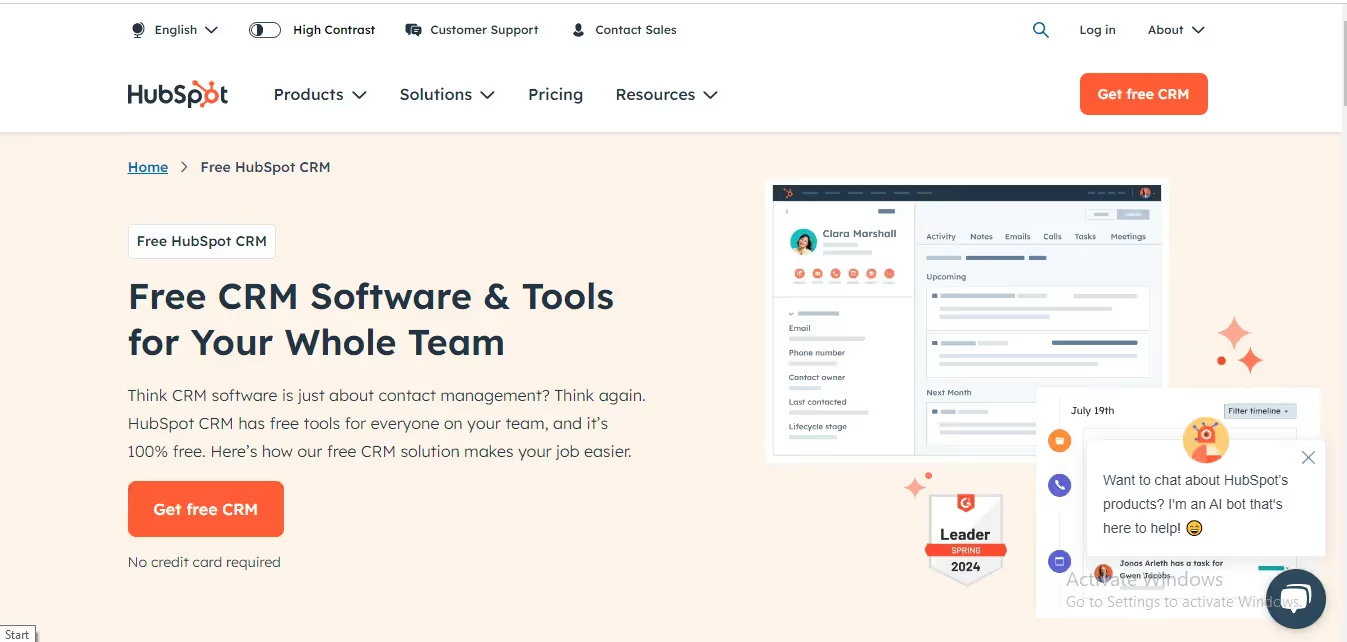
On the other hand, Salesforce has a more intricate interface, which can be daunting for first-time users. However, this complexity comes with the benefit of its robust capabilities. Larger companies with dedicated IT teams or CRM specialists will likely find Salesforce easier to manage, while smaller businesses may encounter a steeper learning curve.

Customer Support
HubSpot provides a Balanced support system which includes
Live chat, Email support, and a vast knowledge base containing free courses and materials. For enterprises with higher plans, telephone support is handy whenever they seek help.
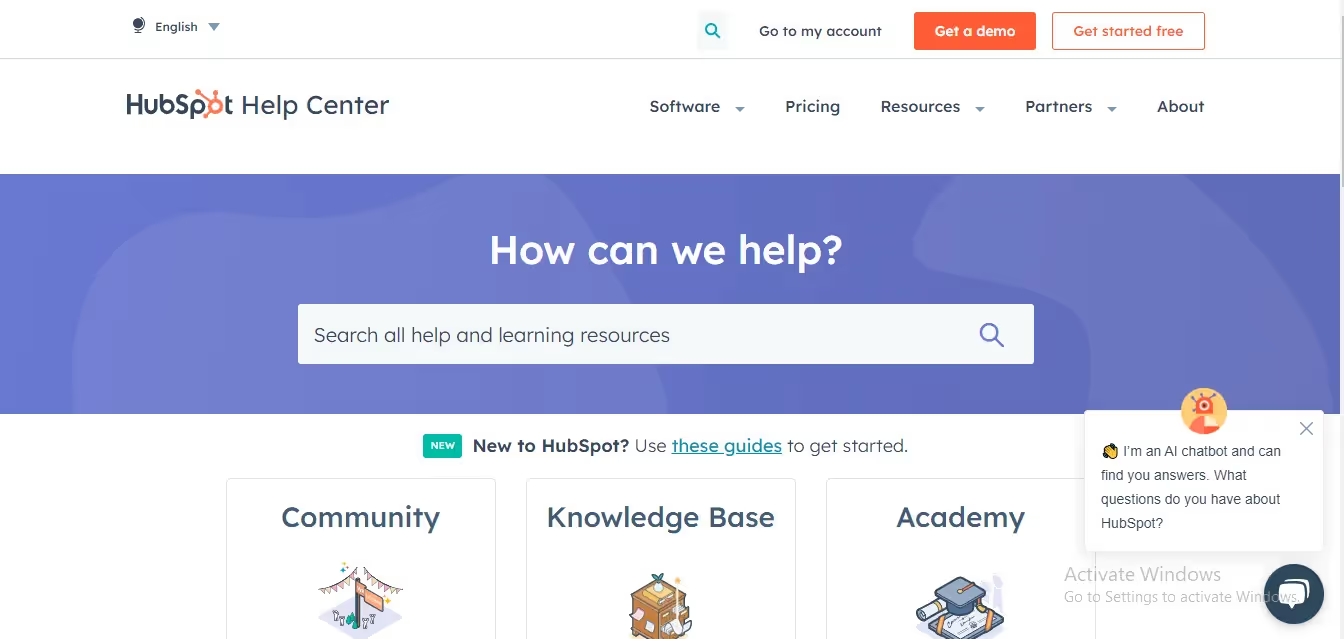
Salesforce, on the other hand, adequately supports clients through increasingly priced packages.While the basic support is adequate, enterprise clients often opt for more tailored assistance, which comes at an additional cost. The Salesforce Trailblazer Community also plays a big role in offering support to users.
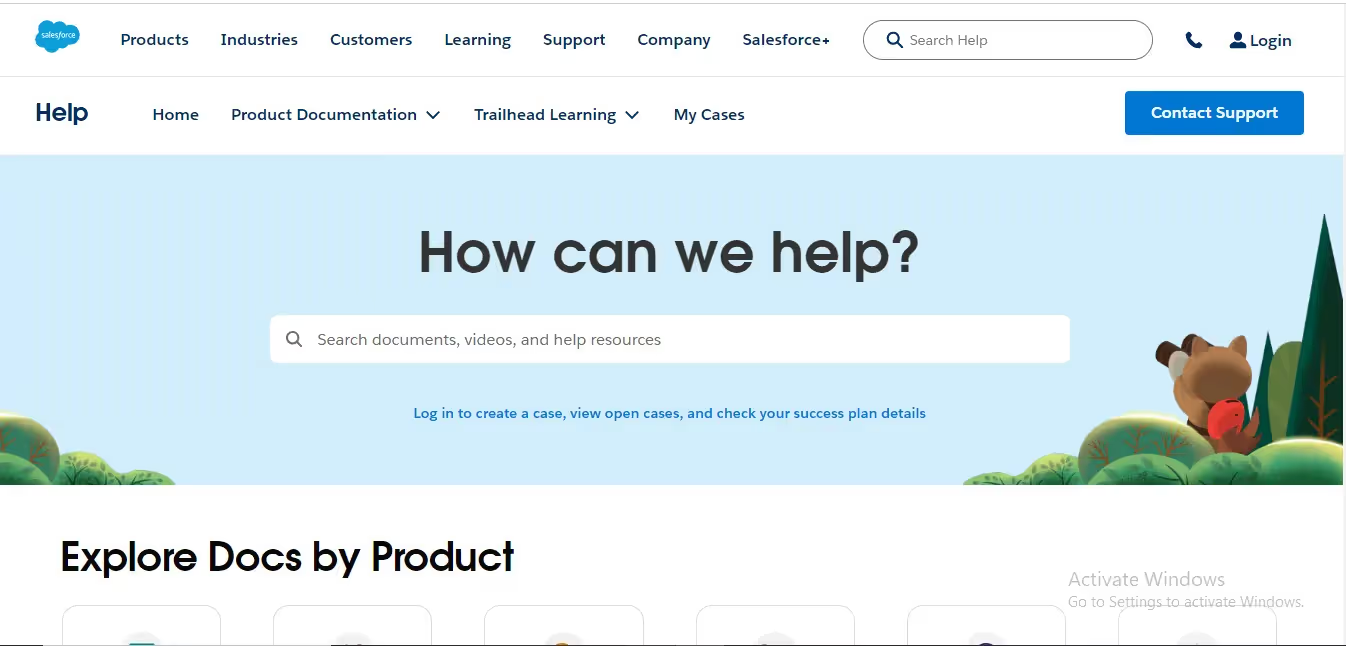
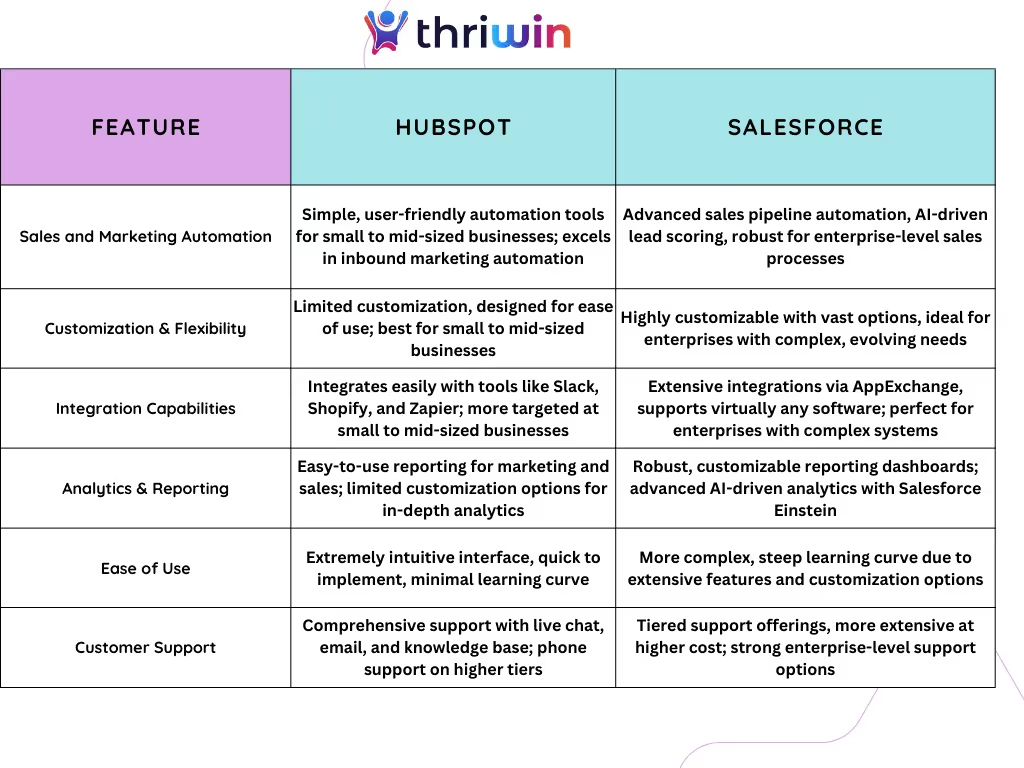
HubSpot vs Salesforce: Detailed Pricing Breakdown
HubSpot and Salesforce offer tiered pricing models designed to serve various business requirements and sizes. While HubSpot provides a free plan with limited features, Salesforce does not offer a free plan, though both allow for paid upgrades with more advanced features. Below is a detailed comparison of the pricing structures and what each tier includes, helping businesses choose the right CRM solution based on their needs.
HubSpot Sales Hub Pricing:
- Free Plan: This Plan offers basic CRM features, such as contact management, deal tracking, and simple email automation. It is excellent for small businesses that are just starting with CRM systems.
- Starter Plan: This Plan starts at $45/month (billed annually) for two users and includes advanced email automation, pipeline management, and essential sales reporting.
- Professional Plan: This Plan starts at $450/month (billed annually) for up to 5 users and includes advanced automation, customizable reporting, and sales sequences.
- Enterprise Plan: $1,200/month (billed annually) for 10+ users. Provides advanced custom objects, predictive lead scoring, and deeper integrations.
HubSpot also offers discounted bundles combining their Marketing, Sales, and Service Hubs for businesses looking for an all-in-one solution.
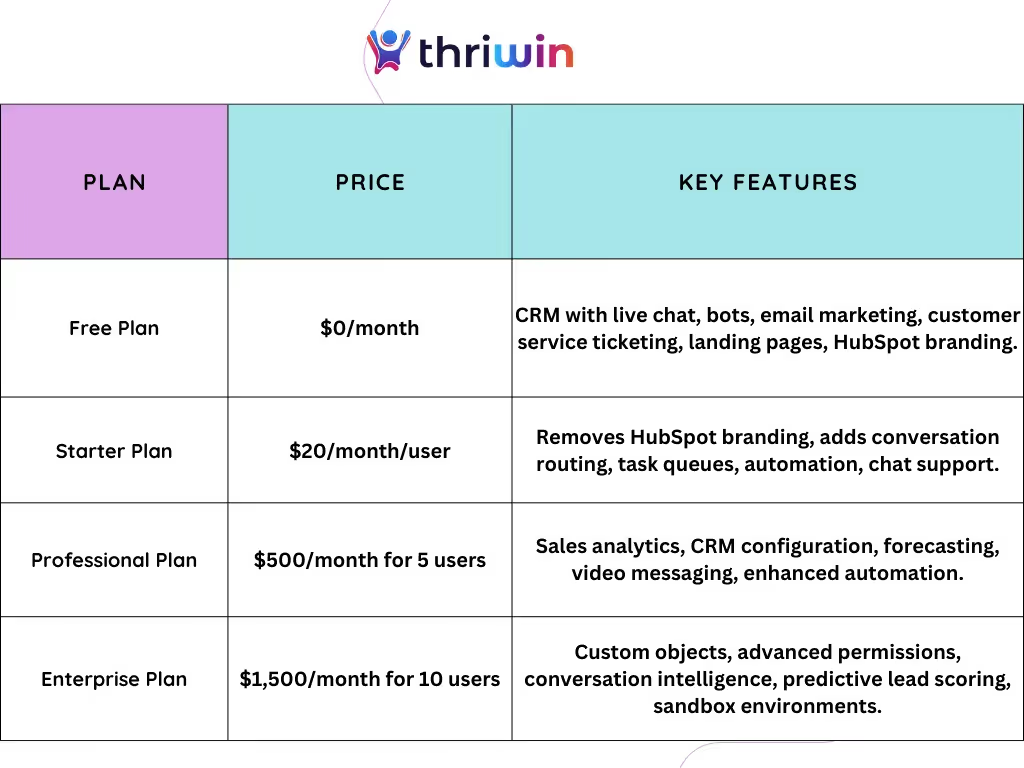
Salesforce Sales Cloud Pricing:
- Essentials Plan: $25/user/month, billed annually. Offers basic CRM capabilities, including account, contact, lead, opportunity management, and email integration.
- Professional Plan: $75/user/month, billed annually. Adds more robust CRM features like collaborative forecasting, customizable dashboards, and integrations.
- Enterprise Plan: $150/user/month, billed annually. Includes advanced automation, API access, and deeper customization options.
- Unlimited Plan: $300/user/month, billed annually. Offers unlimited support, extensive customization, and advanced analytics powered by Salesforce Einstein AI.
Salesforce's pricing is per user, making it better suited for larger teams with complex CRM needs.

Summary:
- HubSpot's free Plan and lower-cost starter packages provide an accessible entry point, especially for smaller businesses or startups looking to save on CRM costs.
- Salesforce targets larger enterprises with more robust features but at a significantly higher cost. However, the platform's pricing structure allows for scalability and flexibility, making it worth the investment for companies needing extensive customization and advanced automation.
HubSpot offers a more cost-effective solution for businesses with smaller budgets, while Salesforce shines for enterprises requiring complex solutions with premium support and customization.
Final Verdict: Is HubSpot or Salesforce Right for Your Business?
In conclusion, the choice between HubSpot and Salesforce finally depends on your business size, targets, and budget. HubSpot is an excellent option for small to mid-sized businesses seeking an all-in-one CRM solution with accessible pricing and ease of use. Its free Plan and lower-cost tiers make it particularly attractive for companies with limited resources that still want robust marketing, sales, and customer support features.
Conversely, Salesforce is the go-to platform for large enterprises that require advanced customization, scalability, and integration options. Its higher pricing tiers offer extensive features that offer deep insights, advanced automation, and AI-driven analytics, which are best suited for complex business structures.
Both CRMs have strengths, and the final decision should hinge on your business needs—whether you value affordability and simplicity (HubSpot) or require robust, scalable enterprise solutions (Salesforce).
Simplify Your CRM with Thriwin
Choosing between HubSpot and Salesforce can be a daunting task for startups, as both platforms present their own challenges despite their robust features.
HubSpot, while user-friendly and well-integrated, can become prohibitively expensive as your business scales and demands more advanced features;
Salesforce, despite offering extensive customization and advanced functionalities, often comes with a high price tag and a steep learning curve that can be a significant obstacle for smaller businesses.
Considering these challenges, Thriwin provides an affordable and adaptable alternative; its unique pay-per-use CRM model is specifically designed for SMEs and startups, offering a perfect balance of affordability and scalability. Thriwin's pay-per-use model allows users to save up to 50% compared to other CRMs, ensuring that businesses only pay for what they need; this model is particularly beneficial for companies experiencing rapid growth, enabling them to expand by more than 50% without unnecessary financial strain.
Moreover, Thriwin offers free onboarding support and customization to meet specific business needs, ensuring a smooth transition; sales channels can be activated within a few days, helping businesses quickly grow their revenue. More than just a software provider, Thriwin offers hands-on support to guide users through the initial stages, ensuring maximum growth potential. Experience a CRM solution that evolves with your business growth and budgetary needs;
Visit Thriwin to embark on a journey with a CRM service that adapts to your requirements. With Thriwin, flexibility and functionality go hand in hand.
FAQs
- Which CRM is more affordable for startups, HubSpot or Salesforce?
HubSpot is more affordable for startups due to its free Plan and lower-tier pricing. It offers a comprehensive set of features at a lower cost than Salesforce.
- How does Salesforce pricing compare to HubSpot as the business scales?
Salesforce pricing is typically higher and offers more advanced features, which can benefit larger businesses. HubSpot provides a more integrated approach at lower cost tiers, which is suitable for smaller companies.
- Can I customize HubSpot as much as Salesforce?
While HubSpot offers customization, Salesforce is known for its many customization options, making it a better choice for businesses with complex CRM needs.
- Do HubSpot and Salesforce provide free trials?
HubSpot offers a free plan, whereas Salesforce provides a free trial but does not have a free plan.
- What are the key features that make HubSpot different from Salesforce?
HubSpot is known for its user-friendly design and integrated marketing tools, while Salesforce excels in customization, advanced sales forecasting, and comprehensive CRM functionalities.
%201.svg)


